My teen has been experiencing lots of breakouts recently. What’s the safest, most effective way to treat acne?
If you’re a teenager or adult, you’re probably familiar with the pains of acne. Acne is the most common skin disorder in teenagers, affecting more than 80 percent of American teens between 11 and 30. It occurs when an overproduction of oil causes the follicle (pore) of the skin to get clogged. This causes whiteheads, blackheads, and inflammatory acne. During the teenage years, hormone levels increase which can stimulate oil production. Paired with genetics, certain medications, or even makeup, acne can especially affect teenagers. Though teens may not be able to avoid acne, there are ways for you and your dermatologist to help them treat it. Here are a few methods you can use to start controlling your child’s breakouts:
- Do not pop pimples. Teens should treat their skin as gently as possible by refraining from touching or scrubbing their skin. Squeezing the pimple pushes bacteria and pus deeper into the skin, causing more swelling and redness. The best way to eliminate acne is to encourage leaving the pimple alone for a week, and apply an acne cream that contains two to five percent benzoyl peroxide.
- Moisturize regularly. Some over-the-counter treatments your teen may be using for acne management could be drying out their skin. Flaky, dry skin cracks allow bacteria to seep in and cause acne. To prevent dryness, give your teen a gentle oil-free moisturizer after washing their face, to prevent dryness.
- Monitor hair and makeup products your teen is using. Some oil-based shampoos, hair sprays, gels, pomades and makeup may be agitating the skin. If the oil in the product comes in contact with the face, it could also seep into pores on the forehead and cheeks, causing more acne. Look for words like non-comedogenic or non-acnegenic on your teens’ skin care and hair care products.
- Use over-the-counter treatments. To dry problematic pimples out a little faster, have your teen apply a gel or cream containing a small percentage of benzoyl peroxide or salicylic acid. Carefully monitor how the skin reacts and give it at least a week to respond to the treatment.
- If acne worsens or does not respond, see a dermatologist. If you notice your teen avoiding school or social events due to a breakout, schedule an appointment with a dermatologist. He or she can provide ways for kids to cope with acne, as well as provide stronger medications to help treat their specific needs.
 https://riseandshine.childrensnational.org/wp-content/uploads/2025/03/little-boy-with-rash-feature.jpg
300
400
webteam
https://riseandshine.childrensnational.org/wp-content/uploads/2017/11/childrens_riseandshine_logo.jpg
webteam2025-03-24 17:38:572025-03-25 10:11:16Winter rash: How to keep your child’s skin healthy during brittle winter months
https://riseandshine.childrensnational.org/wp-content/uploads/2025/03/little-boy-with-rash-feature.jpg
300
400
webteam
https://riseandshine.childrensnational.org/wp-content/uploads/2017/11/childrens_riseandshine_logo.jpg
webteam2025-03-24 17:38:572025-03-25 10:11:16Winter rash: How to keep your child’s skin healthy during brittle winter months


 Kalyani Marathe, MD, MPH, was a pediatric dermatologist at Children’s National. She is board certified by the American Academy of Dermatology and Pediatric Dermatology. Her interests include atopic diseases, acne, genetic skin disorders including epidermolysis bullosa, pigmented lesions such as moles and other birthmarks, wound care, vascular birthmarks and laser therapy.
Kalyani Marathe, MD, MPH, was a pediatric dermatologist at Children’s National. She is board certified by the American Academy of Dermatology and Pediatric Dermatology. Her interests include atopic diseases, acne, genetic skin disorders including epidermolysis bullosa, pigmented lesions such as moles and other birthmarks, wound care, vascular birthmarks and laser therapy.

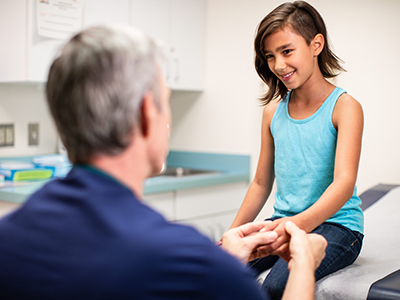

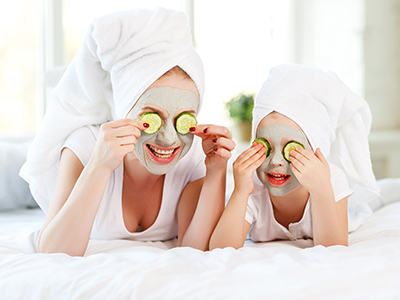
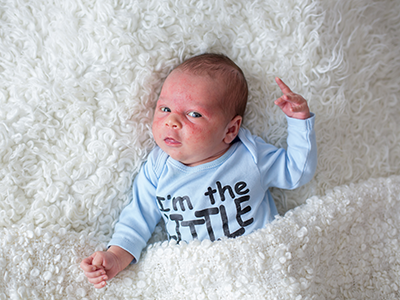
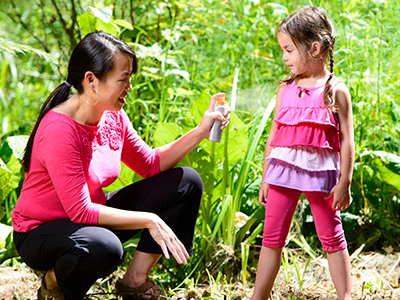
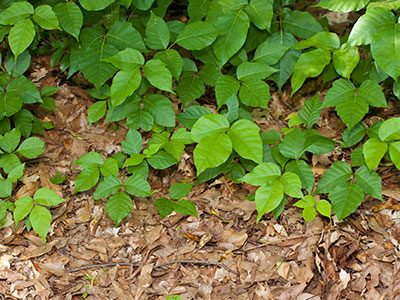
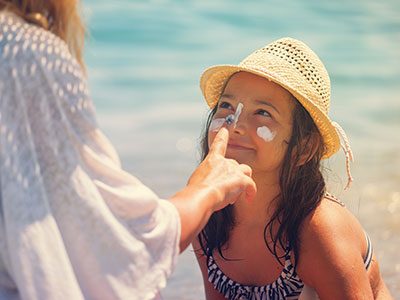
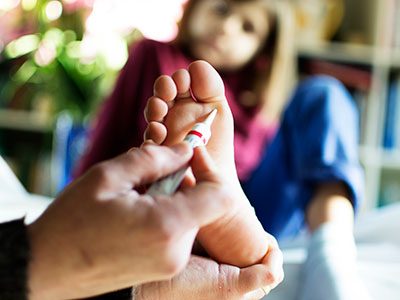

Leave a Comment
Want to join the discussion?Feel free to contribute!